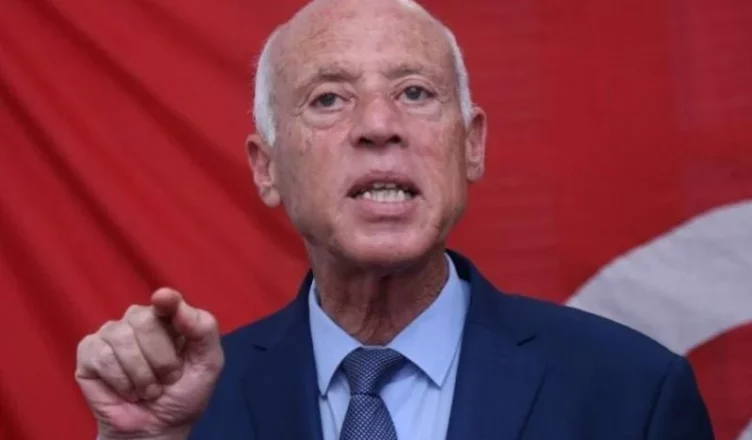Since President Kaïs Saïed came to power, human rights observers have expressed grave concerns about the state of individual freedoms in Tunisia. Reports indicate a rise in arbitrary arrests, severe restrictions on freedom of expression, and increased repression against political dissidents. Mass arrests of protesters, allegations of torture, and prolonged detentions without trial have become commonplace.
The opposition has condemned recent arrests made under a law deemed draconian, targeting journalists, lawyers, and activists. Eight opposition parties issued a joint statement, relayed by local media, demanding the repeal of Decree-Law 54 on combating offenses related to information and communication systems, following the arrest of two radio commentators for defamation.
These parties criticized efforts to « silence any free voice among activists, journalists, and lawyers, » and called for the release of « political detainees. » They also denounced two police interventions at the Tunis Bar Association headquarters, expressing solidarity with lawyers in their struggle for the independence of their profession and justice in Tunisia.
The previous week, the Tunis Bar Association witnessed two forceful arrests of lawyers, triggering a general strike of lawyers in courts and jurisdictions across the country to protest this escalating repression.
This recent crackdown, which also targets journalists, led to the imprisonment of two radio hosts and commentators for defamation and spreading false information under the law on combating offenses related to information and communication systems.
Independent media have also been subjected to repressive measures, with press closures, journalist arrests, and infringements on online freedom of expression.
Human rights defenders assert that these actions aim to stifle dissent and silence any critical voices against the government.

